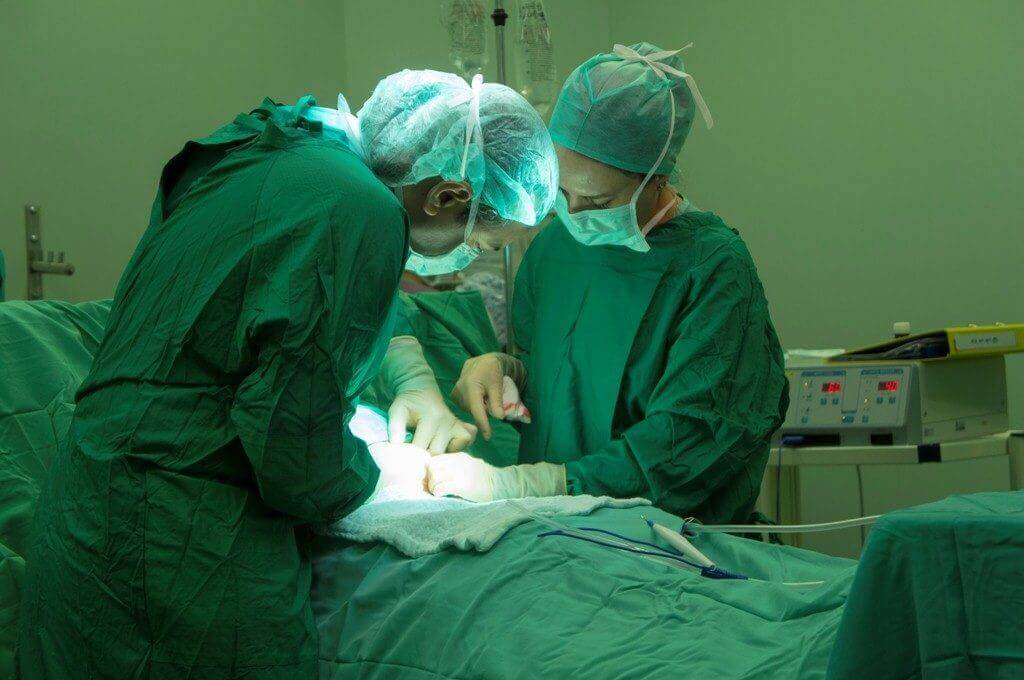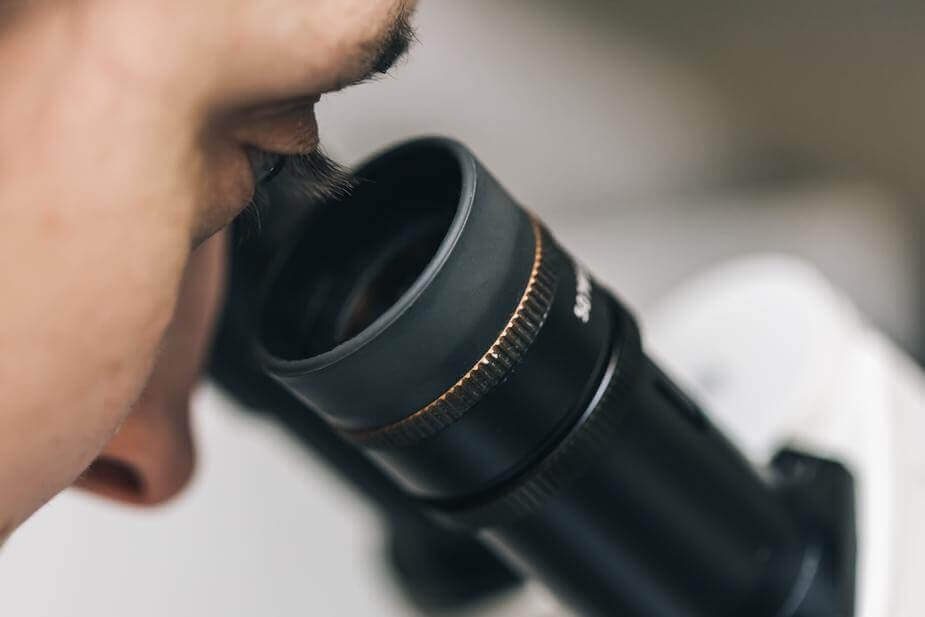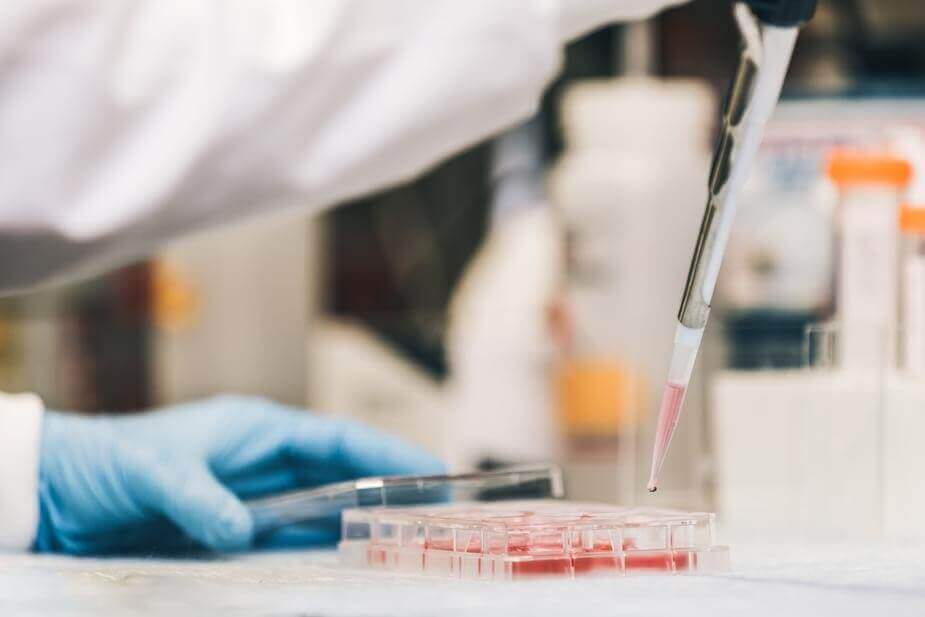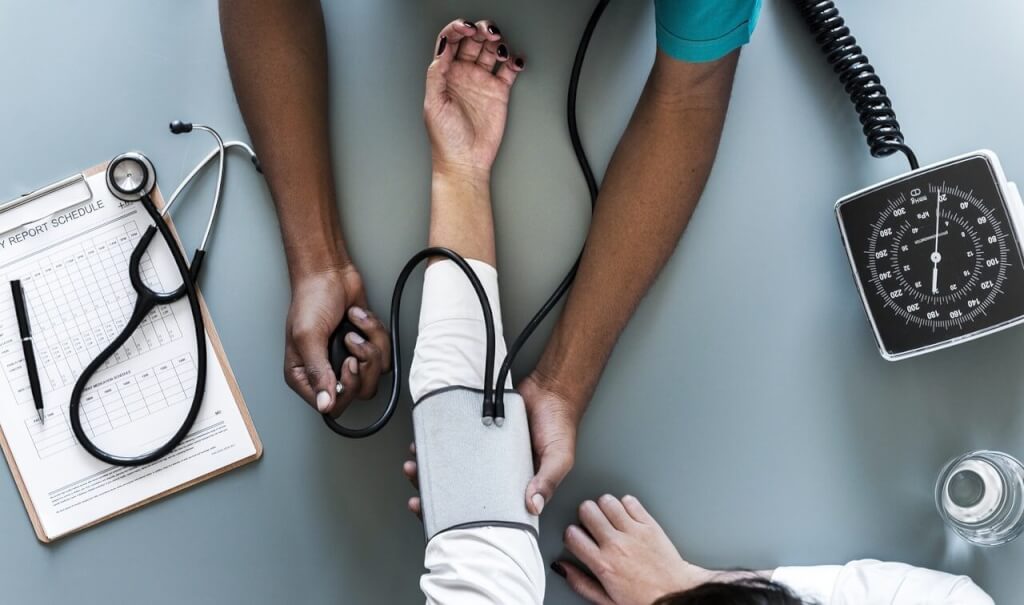
One of the commonly used methods for cancer treatment happens to be surgery.
It calls for the surgical removal of the tumor as well as the surrounding tissue. A specialist treating cancer with the help of surgery is known as the surgical oncologist. Surgery is the oldest cancer therapy and it still remains as an effective treatment, widely used across the globe for treating and managing cancer symptoms.
The surgery goals will tend to vary based on the cancer type, the stage, age of the patient and overall health condition. However, in general, a cancer surgery is aimed at achieving the following objectives;
The tumor area where you have the surgery will depend on the surgery extent and the recovery as needed by you.
The surgery can take place in a doctor’s office, surgery centre, clinic, or hospital. Sometimes, the cancer surgery can even be an outpatient surgery – this means that you will not have to stay in the hospital overnight before or post the surgery. Inpatient surgery requires you to stay in the hospital overnight or longer so as to recover, post the surgery.
There are various surgery types available for treating cancer and which surgery will be suitable for your case is determined by your surgeon. Some surgery types will be used as stand-alone treatment mode while some will be combined with any other surgery type.
Some of the commonly used types include:
Curative surgery: This surgery is used for removing the cancerous growth or tumor from your body. It is often recommended in the cases where the cancerous growth is localized, which means it is located in a particular part of your body. A curative surgery is the primary mode of treatment. In some cases, another treatment mode like radiation therapy can be given, either prior to the curative surgery or post the surgery.
Preventive surgery: As the name suggests, preventive surgery helps in preventing a benign tumor from turning malignant. It is used for removing tissues that are not cancerous.
Diagnostic surgery: It helps in diagnosing if the cells are cancerous. In this process, a sample tissue is removed and it is then tested and evaluated. The process also helps in knowing the cancer type and the stage.
Staging surgery: This surgery type is used in identifying the stage of the cancer and the extent of it.
Debulking surgery: If there is lesser possibility of removing a cancer cell completely, surgeons will use the debulking surgery. This will remove some part of the cancerous cell. Once the surgery is completed, the doctor can recommend other treatment modules as radiation therapy and chemotherapy.
Palliative surgery: This surgery type helps in treating cancer which has reached the advanced stage. The major objective of palliative surgery is to relieve the symptoms and offer comfort.
Supportive surgery: It is quite similar to the palliative surgery as it is also used for curing the cancer. It helps the other treatment modules to work properly.
Restorative surgery: This surgery type is mostly used like a follow-up process to other surgeries like the curative surgery. It helps in restoring your appearance or body functions.
Apart from the cancer surgery types as listed above, there are other specialized surgery types too, some of which include:
Cryosurgery: This surgery type is known for using intensely cold temperatures for killing the cancer cells. It is often used for treating the cervical and skin cancer. If the tumor is inside the body, liquid nitrogen will be placed in an instrument known as cryoprobe. If the tumor is outside the body, then the liquid nitrogen will be placed on your skin.
Laser surgery: This surgery removes extremely small tumor or cancer cells by using beams of light. It doesn’t cause any damage to the nearby tissues. It happens to be a precise process which can be used in treating body parts which are difficult to reach. These include the rectum, cervix, skin and the larynx.
Electrosurgery: This surgery type helps in treating skin and oral cancer by using the electrical current for killing the cancerous cells.
Microscopically guarded surgery: This surgery type helps in treating cancer that has affected the delicate body parts like your eyes. During the process, skin layers will be removed and will be studied under a microscope unless the cancer cells are identified.

Surgery is used in most of the cancer type treatments and it works effectively in case of solid cancers that are localized. As it happens to be a local treatment, surgery will only be able to treat the part which has cancer.
This is why; it is never used in the treatment of leukemia, a blood cancer type or in the cases where cancer cells spread to other body parts. In some cases, you will only need a surgery for curing the treatment but at times, some other treatment modes will also be used along with surgery.
Like any other treatment type, surgery for cancer also has its share of side effects. Some of the commonly occurring side effects include:
Feeling less hungry: Soon after your surgery, you may experience a poor appetite which basically happens due to the general anesthesia. As you eat less, you may even lose some weight. However, this side effect lasts only for some time and over the time; you get your appetite back and even regain the normal weight.
Bruising around surgery site: In most of the surgical incisions, once the incision is made, some amount of blood tends to leak from the small blood vessels that are present under your skin. This leads to bruising, which only becomes a matter of concern if the bruising has some swelling as well.
Numbness: You will have some numbness in the site where the incision was made because the skin nerves are cut at the time of the procedure. In general, numbness will not cause you much trouble but it will continue to last for a longer period of time.
Swelling at the surgery site: You will likely have some swelling at the surgery site, post the process. This is because you get the surgical cut on your skin, known as incision; it is a type of injury. As a response to this injury, your body’s defence mechanism initiates the inflammatory process that leads to swelling. As you heal from the surgery, this swelling will also fade away.
Fluid seepage from surgery site: In some cases, you may notice the drainage of fluid from the surgical wound. It should not be a matter of worry unless the drainage smells foul and even causes fever as well as redness near the wound. All this could be indicative of an infection and you will have to seek immediate medical attention.
Bleeding: It is very common to lose some amount of blood during any surgical process. However, in most of the cases, bleeding happens to be very less and none of the body functions are affected because of this. But in some cases, patients happen to lose excess amount of blood and if this occurs, a blood transfusion will be needed immediately. Even after surgery, some blood may ooze out from the wound. This can easily be managed by covering it with a clean and dry bandage. But if a lot of blood is draining out, you should visit your doctor without any delay.
Infection: Infection is very common in the cases of surgical processes. These infections can occur on the incision site and even in other parts of your body. This is why healthcare experts pay great attention in lowering the risks of infections at the time of a surgery. Even after surgery, you will be taught as to how infection can be prevented during the time of recovery. The infection signs mainly include warmth, redness, pain and drainage of fluid from wound. If you happen to experience any of these symptoms, you should make it a point to speak to your doctor. You will most likely be given antibiotics as they work better on infections.

Lymphedema: It is a very common side effect which occurs when the lymph nodes are removed. Such a surgery type where the lymph nodes are removed is known as the lymph node dissection. Lymph nodes happen to be the small, bean-shaped organs which usually function for fighting the infection. Lymph nodes are responsible for filtering bacteria and various other injurious substances from the lymphatic fluid. Lymphatic fluid happens to be a drab that contains the WBCs that travel from most of your tissues in the body. But when your lymph nodes get removed, the lymphatic fluid gets collected in the nearby tissues and is not drained back. This leads to swelling known as the lymphedema, which leads to discomfort and blockage in the swollen area. For managing this side effect, you may have to opt for a particular therapy. Your healthcare team will help you with this.
Organ dysfunction: Another side effect associated with cancer surgery is the dysfunction of organs. If the surgery has been done in parts like chest or abdomen, it can lead to some temporary issues with the functioning of the surrounding organs. Any type of organ dysfunction will fade away as you heal from the process.
Body image: Cancer surgery in some cases can bring about changes in the way your body appears. As it affects your body looks, it can affect the body image. Body image even gets affected when you don’t get the desired outcome from the surgery process.
Sexuality and Reproduction: In some surgery types, your sexual and reproductive health also gets affected. This is why it is very important that you speak to your doctor prior to the surgery and understand how it can be managed. Women who undergo any cancer surgery should speak about their fertility because if it gets affected then you will not be able to conceive.
Before Surgery
Prior to your surgery for cancer, you will have to meet your healthcare team and understand what all things you will have to take care of before undergoing the surgery. You may be asked to undergo some tests and exams prior to the surgery. Some of the tests which are normally recommended happen to be:
Before the surgery begins, you may be advised to stop eating or drinking anything for a specific period of time prior to the process. If you fail to follow the instructions as given carefully, your surgeon may suggest a reschedule of the surgery.
During Surgery
As the surgery process will start, you will be given anesthesia. The surgery will then proceed and the surgeon will remove the cancerous cells. While doing so, some healthy cells may also get removed. The healthy tissues are removed just to make sure that all cancer has been taken out.
In certain cases, even the lymph nodes will be removed or if need be, any other tissue surrounding the tumor can also be removed. The tissue so removed will then be studied under a microscope so as to find out if there is any evidence of cancer spread to other parts. This helps your surgeon in planning the perfect treatment for surgery.
After Surgery
Post surgery, you will be kept under observation for some time and your healthcare provider will suggest you some ways to take care of your health for a good recovery. You will be advised about the activities that you can undertake and the ones you can’t. You will even be taught some simple ways to take care of the surgery wound so that infection can be prevented. And you will even get to know the ways of spotting an infection.
Returning back to your normal routine will take some time. You will have to follow-up with your surgeon after a week of discharge. If your surgery has been very complex then you might have to meet your surgeon very often. The stitches will be removed and your recovery progress shall be monitored.
Both before and after the surgery, you will be in need of nutritious food. If you happen to be weak or underweight, you will have to opt for a high-protein and high-calorie diet before the surgery.
In case of certain surgeries, your body’s way of utilizing food can also change. If you’ve had surgery of stomach, intestine, mouth or throat, surgery can affect your eating.
If you find it hard to eat anything post your surgery, your doctor may advise giving you the nutrients via a feeding tube or an IV.
You should even consider speaking to a dietitian in regards to the eating problems you are facing because of the surgery.
Getting back to work
You will have to take over a week or couple of months break before resuming work, post a cancer surgery. However, how much time you will take to recover from the surgery will depend on a couple of things as:
The anesthesia type you had. In case of local anesthesia, you can get back to work quickly as compared to the general anesthesia.
Another factor that comes into play is the surgery type you had and how pervasive it was.
Next comes the nature of your job. If you are in an active job, then you may have to take rest for more days as compared to a job that requires you to sit at one place.
If you have the provision of working from home, you can certainly do that but for that also, you will have to speak with your doctor and understand if that’s a possibility in your case.
What makes you suffer from cancer depends on the lifestyle choices you make. Given the complications cancer treatments have, experts lay emphasis on its prevention. Some of the ways that you can follow to prevent cancer include:
Say no to tobacco use: Irrespective of what tobacco type you are using, each tends to put you at an increased risk of suffering from different cancer types as lung, throat, mouth, pancreas, larynx, bladder, kidney and cervix. Stopping tobacco can be a great step towards prevention of cancer..
Eat a healthy & balanced diet: Though eating healthy food is not a sure shot way of preventing cancer, it can surely cut down the risk. You should include more of vegetables and fruits in your diet along with beans and whole grains.

Maintain healthy weight: Obesity increases your risk of suffering from various diseases. Therefore, it is advisable that you maintain a healthy weight and stick to low calorie foods. Exercise on a daily basis and stay physically fit.
Avoid alcohol: Alcohol consumption can increase your risk of suffering from various cancers as colon, lung, kidney, liver and breast. The risk keeps on increasing based on the amount of alcohol you consume as well as the duration.
Stay protected from sun: Too much sun exposure is the prime reason of skin cancer. To make sure that you stay sun safe, make it a point to avoid sun between 10 AM to 4 PM as this time the rays are the strongest. If your work demands you to be outdoors during the peak time, always cover your body well. And never step out of the house without using a sunscreen.
Get immunized: Another method that can aid you in preventing cancer is getting immunized. You should get immunized for diseases like Hepatitis B and Human papillomavirus, HPV. The former tends to increase your risk of suffering from cancer of liver while the latter is associated with cervical cancer.
Go for regular medical care: Cancer symptoms often surface in the later stages. This is why it is recommended that you go for regular medical checkups. Self examination and screening tests must be done for cancer of colon, skin, breast and cervix.

Cancer surgery has been one of the oldest treatment forms used to treat cancer. And its effectiveness has helped it be a favoured technique till date. However, depending on the cancer type, and person’s health in general; the surgery type will also vary. As one of the most important modality of cancer treatment, it can cure early stages of cancer in any part of your body, right from head to toe. The surgery is even used for offering symptomatic relief to the patients who suffer from the advanced disease.
Shalby’s Cancer & Research Institute at Ahmedabad, efficiently undertakes all normal, high risk as well as emergency cancer surgeries. The centre has had high success rate with minimal complications. With a highly efficient team of oncology surgeons onboard, along with well-trained nurses and paramedical staff, Shalby provides a range of surgeries depending on indications and patient’s preference. From laser surgeries, to endoscopic surgeries and open surgeries, we make sure to give it our best.
Breast cancer is a scary reality for many young women. But the inspiring stories of Indian celebrities like Sonali Bendre and Tahira Kashyap, who were diagnosed with breast cancer and successfully beat it, are a testament to the fact that early detection...
Breast cancer is a serious concern for women in India. In 2020, over 2,00,000 women were diagnosed with breast cancer and more than 76,000 lost their lives to the disease. Unfortunately, the situation is expected to worsen in the coming years with...
BEWARE...Cancer is a Leading Cause of Death Today! Watch this video from Dr. Bhavesh Parekh, MBBS, MD, DM( Oncology), Shalby Hospitals, Ahmedabad and get insights into the causes of Head & Neck Cancer, its Diagnosis and Line of Treatment Stop consuming Tobacco...